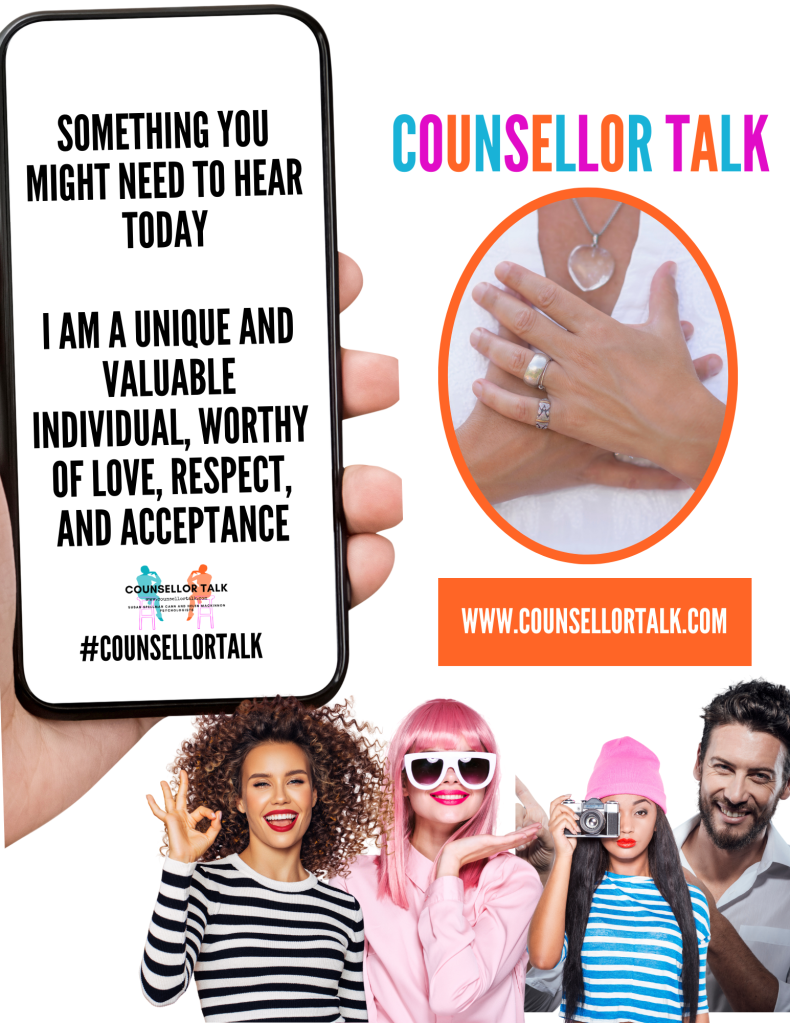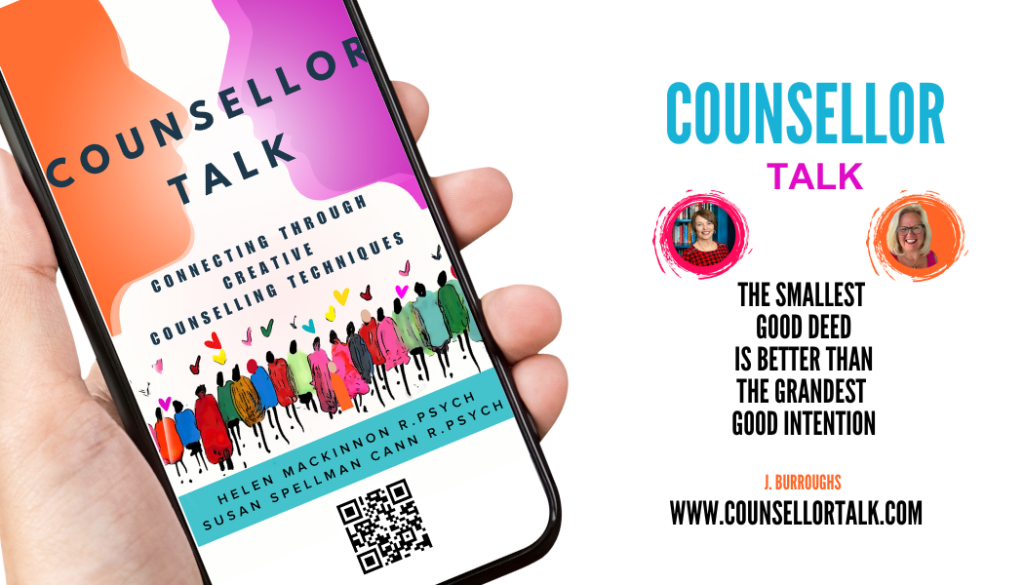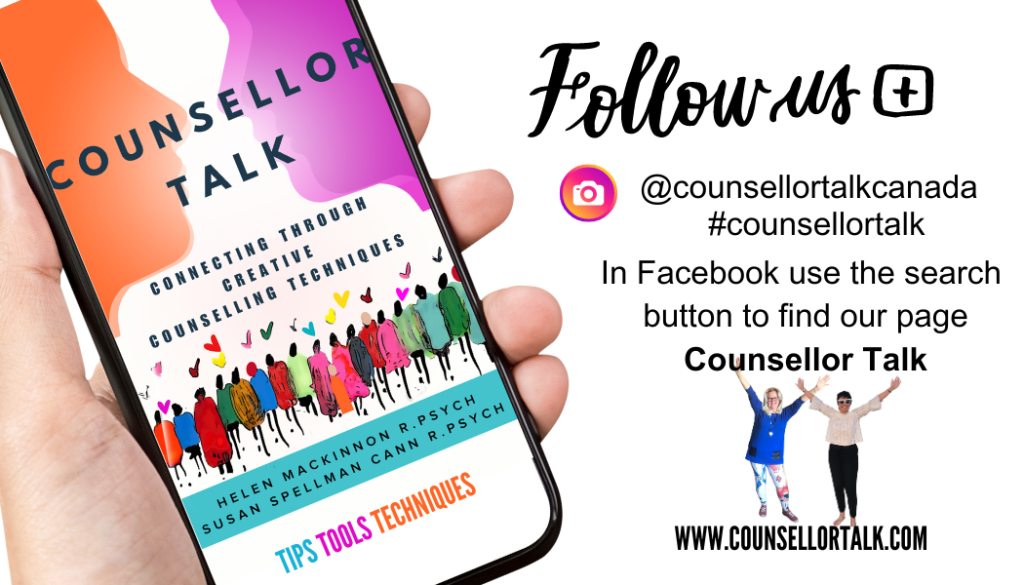
We feel so lucky to work with talented youth, like the Young Canadians of the Calgary Stampede. Their dedication and creativity are awe-inspiring, and we’re grateful for the opportunity to share their tips and experiences with you!
Performance anxiety is a personal experience that can range from minor jitters to overwhelming nerves. Here are some ideas we believe can help:
- Confront Negativity: Recognize and address any negative thoughts or perceptions about performing. Accept the need for change and work on these one at a time.
- Cultivate Confidence: Believe in your unique gift and your purpose in performing. Slow, deep breathing, like square breathing, can help keep you centered.
- Challenge Negative Thoughts: Shift your inner dialogue from “I can’t” to “I can.”
- Stay Engaged: Focus on the music or your performance rather than potential mistakes.
- Embrace Excitement: A mindset of excitement can actually enhance your performance. Let those butterflies work for you!
- Progress Takes Time: Remember the 10,000-hour rule. It takes time to master your craft, so be patient and kind to yourself.
- Rest Well: Prioritize rest before and during performances. It makes a significant difference.
- Stay Positive: Keep a hopeful mindset.
- Visualize Success: See yourself as a star performing flawlessly.
- Be Authentic: Journal your fears and stay true to yourself.
- Stick to Routines: Consistency can offer comfort and help ease anxiety.
- Normalize Anxiety: You’re not alone. Chat with a friend to share strategies and support.
- Embrace Imperfection: Perfection isn’t the goal—focus on your growth and journey.
- Practice in Front of Trusted People: This can help you build confidence and comfort.
- Quiet Your Mind: Find techniques to help you stay present in the moment.
- Shift Your Focus: Concentrate on the impact you can make for your audience instead of focusing on your nerves.
- Ditch “Shoulds”: Replace pressure with calming and reassuring thoughts.
- Reframe Your Mindset: Swap self-doubt with confidence-boosting affirmations.
- Mindset Matters: Remember, performance anxiety can be a self-fulfilling prophecy. Challenge the “what ifs” and focus on the positives.
- Let Go of the Spotlight Effect: Realize that people may not be watching you as closely as you think.
- Change Your “What-Ifs”: Transform negative “what-ifs” into empowering “what-ifs.”
The Young Canadians offered a treasure trove of advice, such as:
- Always be Positive, Affirmations Help, Anxiety is Really Excitement, Ask For Help, Address what’s making you stressed, Agree with your body, Assertive mindset, Act Kind.
- Be Prepared, Breathe, Be Brave, Be The Best Version Of Yourself.
- Calm Your Nerves, Confidence, Concentrate, Care for Yourself.
- Don’t be Negative, Deep Breaths, Determination, Demolish Those Negative Thoughts.
- Express Your Emotions, Eat Healthy, Engage Your Mind.
- Fight Your Demons, Faith, Find A Distraction, Friends are There For You, Fear is OK, Finish What You Started.
- Give It Your All, Get a Friend, Go For It! Growth Mindset.
- Have a Calming Ritual, Have Fun! Hug a Friend, Hydrate.
- Ignite Your Passion, Include Each Other, I Can Control Myself, Invest in Relationships, Imagine Success, Immerse Yourself, Inspire Others.
- Just Be “John”, Just Do Your Best.
- Kindness To Others, Keep Dancing, Singing, Playing, Keep Relaxing, Keep Focused.
- Live, Love, Laugh, Love yourself, Lead The Way, Leave Anxiety Behind, Left Brain Shut-off.
- Make Sure You Have Your Shoes, Meditate.
- Never Back Down, No Fear: “The Young Canadians Are Here!” No over-thinking!
- Optimistic Outlook, Open Mind.
- Push Your Limits and Patience, Picture Everyone As People You Love, Prepare To Perform, Positive Mind and Thoughts.
- Quit Quitting, Quiet Space, Quiz Yourself on Choreo
- Respect Yourself and Others, Relax.
- Sing, Dance, Play Your Heart Out, Snack so you won’t be Hangry! Shake it Off!, Sleep Well.
- Trust Yourself, Trust The Process, Take A Walk, Talk To Someone You Trust, Take a Hot Minute.
- U-have to Calm Down, U are Special, Use Tips and Tricks, U can do it! Uplift Each Other.
- Victory is Yours, Voice Your Emotions, Veto Bad Thoughts.
- We Love You, Work, Walk It Out, Warm Up.
- X-hale, X out Your Stress, X out Negative Thoughts.
- You Got This, You Are Good Enough, YOLO Mindset.
- Zero Fear, Get Your ZZZs (sleep), Zen Time, Zero Regrets.
Remember, when it comes to performance anxiety, you’ve got the tools! Believe in yourself and your abilities. Reach out if it becomes too tough. The next time you perform, use the tips that work for you to transform your own anxiety into excitement changing performance anxiety into a friend rather than a foe!
Helen MacKinnon and Susan Spellman Cann










